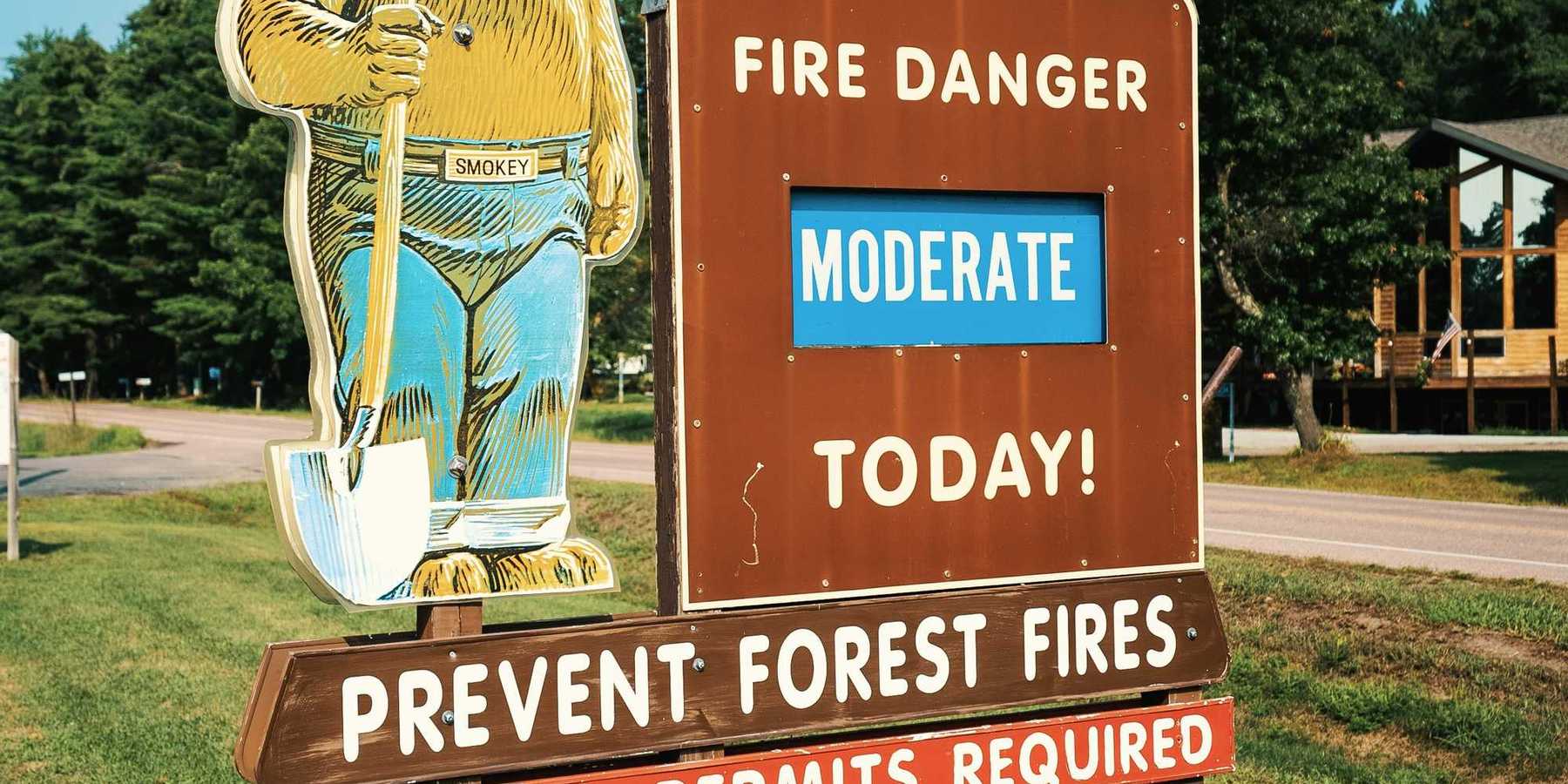A climate solution that also lifts Indigenous rights.
Deep questions about justice run through these United Nations talks underway here in Bonn. Few run deeper than Indigenous rights.
BONN – Addressing climate change has always involved far more than simply trimming emissions or promoting renewable energy.
Deep questions about justice run through these United Nations negotiations underway here in Bonn. And few questions run deeper than what role the world's indigenous peoples need to play at these talks.
"Bigger than the climate crisis are the shocks to the social systems of indigenous people," said Cándido Mezúa Salazar, an Embera leader from Panama who represents indigenous and other traditional forest peoples from the Yucatan to Panama's Darien Forest.
"Governments are making decisions for people without consulting the people, even the people living in the forest."
Panama, for instance, sees hydropower as a way to ramp up development. But that means flooding valleys and displacing communities. "As you force people out of their homes," Salazar said through a translator, "there is a very real danger those people will go extinct as an indigenous people."
Three tribal members have died protesting the government's policies; many more have been blinded or injured. The strife —and risk—is global: 65 indigenous protestors were killed in Brazil last year; 35 died in Colombia, Salazar said. In the past 30 years, some 3,000 indigenous people fighting to hold on to their land and way of life have been killed. Thousands more have been harassed, incarcerated, injured.
Salazar spent time last year with the Standing Rock Sioux in North Dakota, protesting the Enbridge pipeline. But he didn't go to stand in solidarity. He went, he said, because the land and water called.
"The connection (the Sioux) have to the land is very similar to the connection we have to our land," he said. "It's a familiar story and lament: Talking to the grandfathers and grandmothers in Standing Rock, we hear the same sad story."
Every treaty renegotiation, Salazar said, stems from violence. "The whole arc is punctuated by conflict." Bathing and praying on the riverbank at Standing Rock, Salazar said, he looked across the water and saw tanks, guards, guns, armament—"very effective intimidation of the community."
How to break that arc? A study published recently in Proceedings of the National Academy of Sciences by researchers with the InterAmerican Development Bank and Stanford University points to stronger indigenous rights as a way to not just strengthen communities, but also solve thorny issues around emissions and deforestation.
The researchers looked at what happens after indigenous people gain strong land rights over their forests. The results, based on satellite data, were almost immediate: Within two years of gaining title to the land, clear-cutting dropped by more than three quarters and forest disturbances by two thirds, on average.
"All we ask is that countries grant us rights over our forests, stop the criminalization of our leaders, invest in us as a climate solution and provide us with free, prior and informed consent before starting any development project," said Edwin Vazquez, an Amazon leader here in Bonn to meet with climate negotiators. "We can take care of the rest."
EHS director Douglas Fischer is in Bonn for the first week of the intersessional talks underway May 8 through 18. Follow him on Twitter @cptnclmt.
The Daily Climate is an independent, foundation-funded news service covering energy, the environment and climate change. Find us on Twitter @TheDailyClimate or email editor Brian Bienkowski at bbienkowski [at] EHN.org
Photos - Douglas Fischer/Daily Climate.













